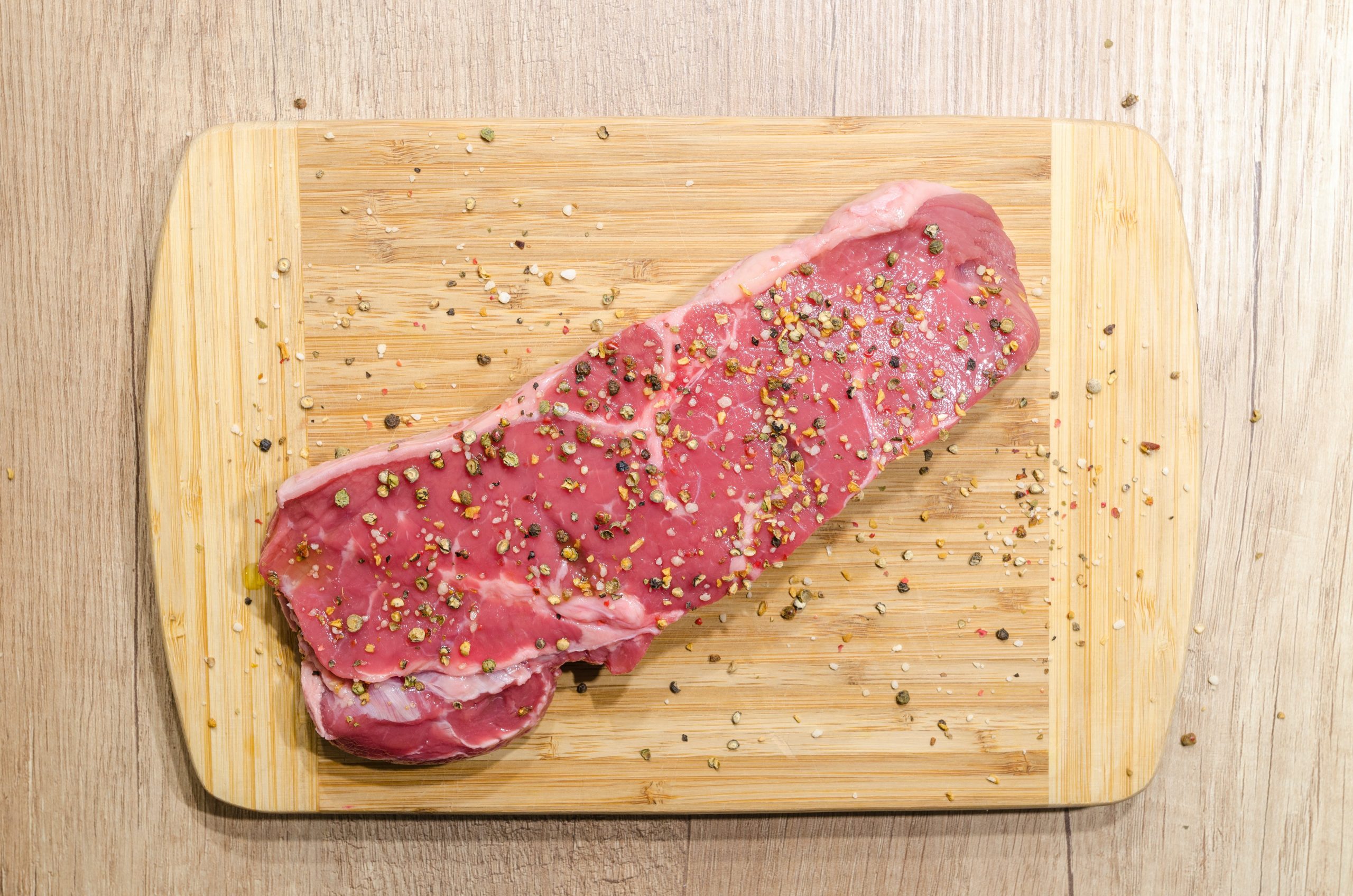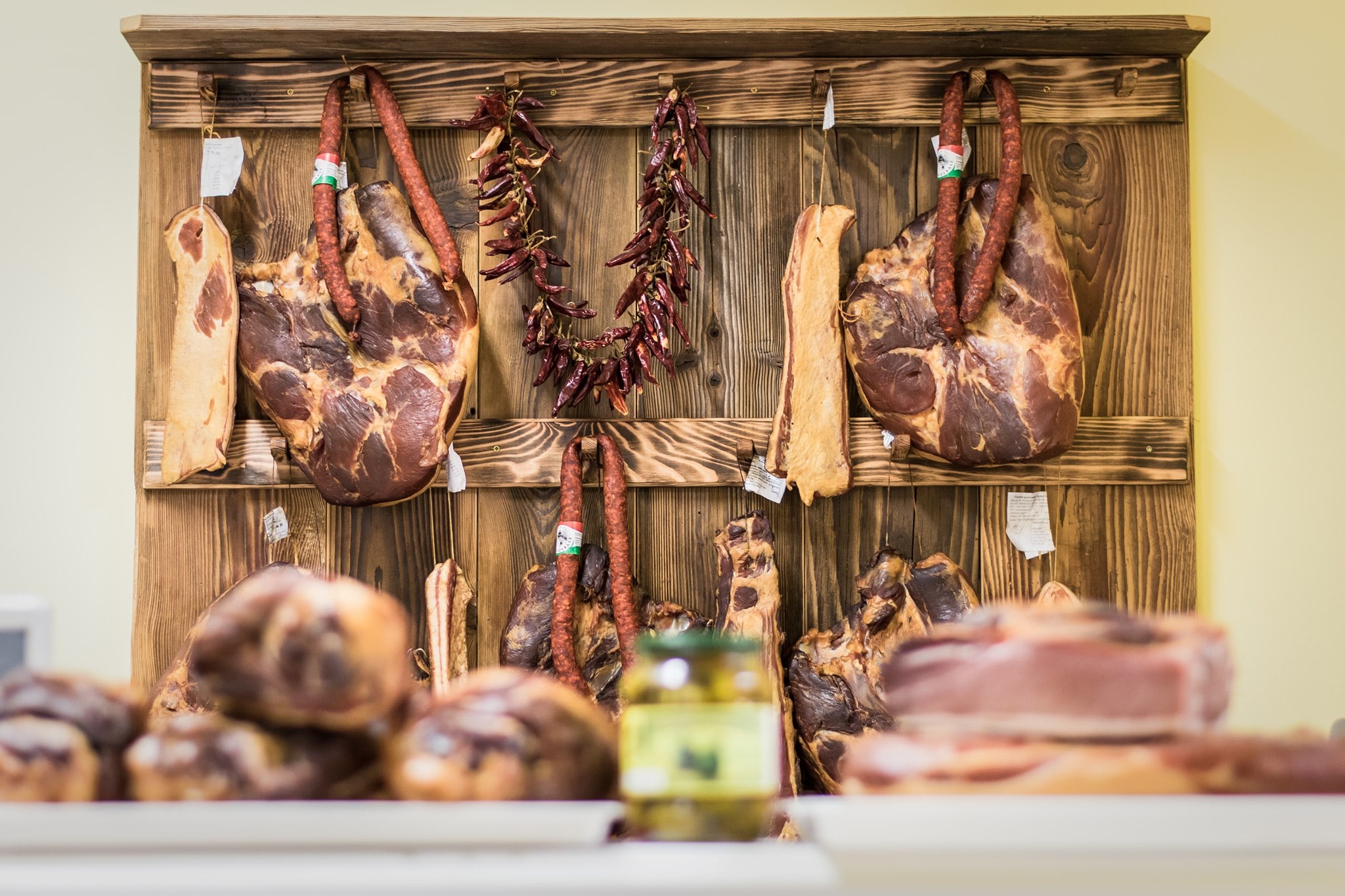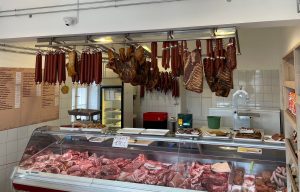
The issue of regulation is also on the agenda of the Hungarian EU Presidency.Continue reading

Just before the EU development tenders are announced, meat companies are in a crisis situation that makes it impossible for many of them to receive investment aid, Világgazdaság reports. Last year, the food industry produced quite devastating figures, and even the meat industry underperformed them, Tamás Éder, president of the Hungarian Meat Industry Federation, told a press conference.
The president stressed that not since the turn of the millennium has food processing underperformed the industry as a whole. He added that the dramatic nature of the situation is also reflected in the fact that the food industry has not seen such a decline in the last two and a half decades. The situation for food firms has been exacerbated by the fact that export performance has also weakened sharply.
In the pork-processing sector, the most important input for the meat industry, the number of pig slaughterings last year fell by 0.9%, much less than the decline in meat output. But Éder does not yet know the reason for this big difference. In the meantime, as KSH (Hungarian Central Statistical Office) data show, the number of pigs in December last year was 1.9 percent higher than a year earlier, said Tamás Éder. This was driven by lower feed prices and a significant increase in live pig prices, he explained. It is also noteworthy that
the EU slaughter rate was down 7.3 percent, well above the domestic rate, and that within the EU, the large pork producing countries saw a much larger fall in slaughtering: 18.7 percent in Denmark, 13.1 percent in the Netherlands and 7 percent in Germany.
The president added that despite the increase in the price of live pigs, there is not much difference in consumer prices between December 2022 and a year later. All this means that “meat companies will come up with poor balance sheets and profit and loss accounts in May,” he predicted.
The industry’s situation has also been made worse by creative government measures over the past year and a half, although industry experts have already indicated that the price cap, for instance, is a high risk. The facts have borne out these concerns, with figures showing that retail chains have been absorbing losses on price-freeze products on other products or increasing imports. The latter is very evident in the example of the price cap on pork legs, as
while pork imports increased by 13 percent in 2022, imports of pork legs increased by nearly 46 percent and grew by another 20 percent by June 2023.
(The price cap was introduced on August 1 last year.)

Photo: Facebook/Hentes Üzlet Hús
“In this situation,” Éder said, “the meat industry faces further serious challenges.” One such challenge is the decline in consumption. The domestic market is income- and price-driven, but attention must also be paid to consumption restraint for ethical, health and environmental reasons.
Profitability is weakening just as tenders for the development of the food industry are being invited, so
it is feared that many will not be able to finance investment and sector consolidation will accelerate.
Long-term viable firms should be given the opportunity for subsidized development, and the “barely viable” may not need to be rescued now, he said. There should be a sustained increase in real wages, which would contribute to the expansion of consumption of meat and meat products.
Alongside this, the government should take patriotic, protectionist market-protection measures that would strengthen the sales opportunities for domestic meat products on both foreign and domestic markets,”
he noted. It would also be important for retail chains to favor domestic products. This has been much less the case in the last year and a half than in the three to four years before that, he said, referring to the impact of the price cap. It would also be necessary to reduce the burden of state measures or at least avoid further increases, he concluded.
Via Világgazdaság, Featured image: Facebook/Tamás-Hús Lenti